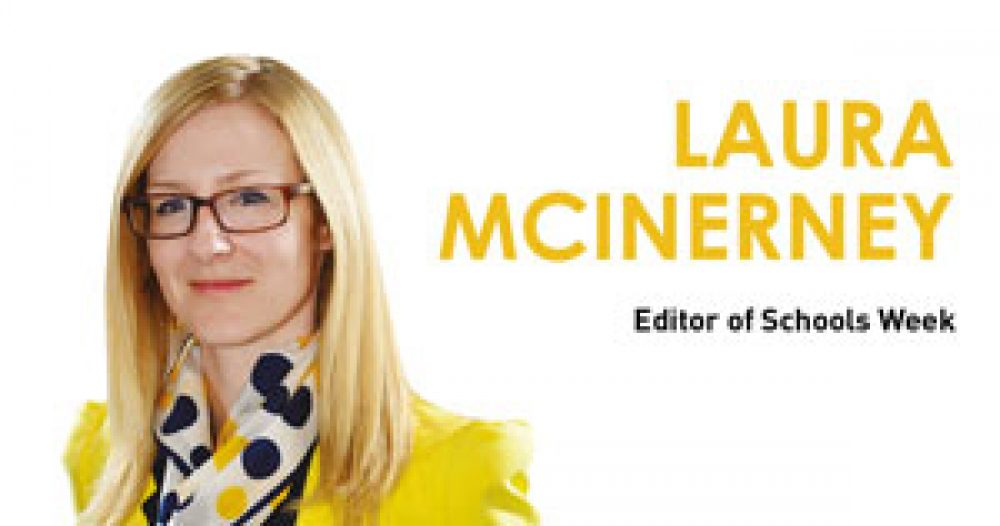This week Jonathan Slater, the head of the education department, said that if the bottom 75 per cent of schools became as efficient as the most cost-effective 25 per cent of schools then the flat education budget of the next few years wouldn’t be a problem.
He knows that isn’t going to happen. It’s optimistic beyond all sense. And yet he said such efficiency was “do-able”. He knows it is, because one in four schools is already doing it.
But schools are in different circumstances. Some are limping on with dilapidated buildings with single-glazing and inefficient heating systems. Others have to take care of enormous facilities – large fields, or expensive astroturfs, or rotting swimming pools. Photocopier contracts may not be up for renegotiation for several years; likewise, ones for computers or transportation.
One man’s do-able is another’s cliff-edge.
As Liam Collins, head at Uplands community college, said at a parliamentary inquiry this week, everything that can be gone already has. Teachers are being sacked, which will cause unions to shout, but the grass is now being cut less often, the toilets are cleaned less thoroughly.
It is these things that will tip the balance in schools. Pupils notice when things get shabby and materials less new. A school can be less well-patched for one year, three, maybe even five. But in the long term, the cuts become a problem.
One man’s do-able is another’s cliff-edge.
If there is a perfect example in the paper this week of short-term thinking causing long-term problems in education, it is the extraordinary attack from education minister Robert Halfon on schools for failing to push vocational qualifications. Given that his party disbanded vocational diplomas, removed practical certificates from performance tables and put academic qualifications as a main performance measure for schools – what did he expect?
Right back in 2012, when this was ongoing, union leader Chris Keates said such moves would exacerbate the belief that vocational qualifications were less important. She was correct, it turns out. Will Halfon be recognising that?
Now, in 2017, schools are facing reduced cash. They may have been able to take a hit for a few years. But, in the long run, this will affect quality. At that point, if ministers start to yell about the problems, they will only have themselves to blame. And the entire sector will be right to say we told you so.








Your thoughts